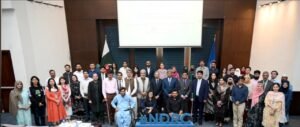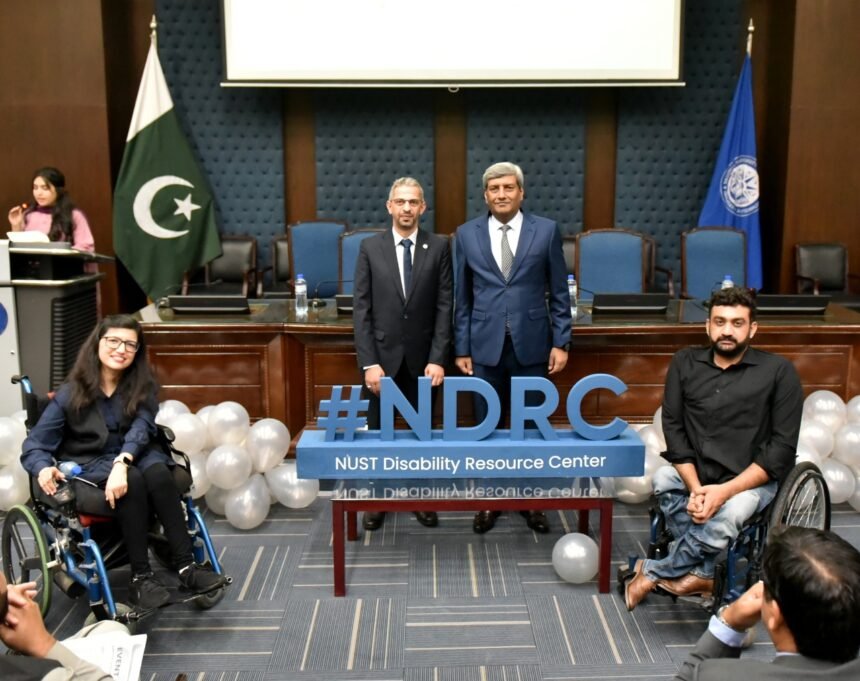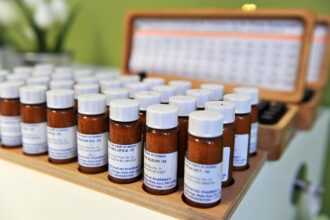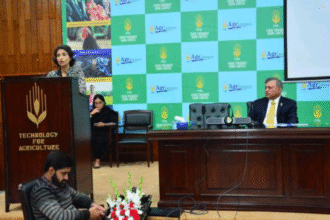Islamabad – Themed on “Transformative Solutions for Inclusive Development: the Role of Innovation in Fueling an Accessible and Equitable World,” the Assistive Technology and Inclusion Summit (ATIS-2025) at NUST brought together over 200 changemakers, experts, and stakeholders. Organised jointly by NUST and Pak Everbright Development Organization (PEDO), ATIS-2025 served as a vital platform to address the critical need for assistive products, especially digital devices, for differently-abled persons and senior citizens in Pakistan. The summit aimed to bridge the gap between users and service providers, raise awareness about assistive technology, and create opportunities for cost-effective availability and maintenance of these crucial devices locally.
One of the summit’s key highlights was a panel discussion on “Innovation for Accessibility: The Role of Academia, Industry, and Organizations of Persons with Disabilities (OPDs) in advancing Inclusion.” Industry leaders and field experts shared thought-provoking insights, with focus on current resources available for differently-abled persons and how different strategies and steps could help in making an inclusive future.

The event also featured the inauguration of NUST Disability Resource Center (NDRC). Established in partnership with PEDO, the NDRC is set to become a pivotal facilitation centre. Its mission is to foster inclusive education at higher levels and ensure an accessible learning environment for differently-abled students.
“ATIS-2025 marks a significant step towards a truly inclusive society in Pakistan,” stated Mr Shahab Ud Din, CEO of PEDO. “Our collective efforts here today will ignite further research and development, and empower stakeholders to contribute to digital device innovation,” he added.
Mr Ahmad Al-Mosa Al-Malkawi, Head of the Physical Rehabilitation Programme (PRP) at the International Committee of the Red Cross (ICRC), said that the ICRC recognises the critical role of physical rehabilitation and assistive technology in empowering differently-abled persons. ATIS-2025 has provided an invaluable platform to share knowledge, foster collaboration, and accelerate solutions that promote independence and inclusion, he maintained.
The summit is expected to yield tangible outcomes, including pilot projects for researchers in assistive technologies, a robust referral mechanism between beneficiaries and service providers, and vital data collection on assistive device needs in Pakistan. This initiative aligns with the goals of the SDGs and UNCRPD, reinforcing Pakistan’s commitment to global inclusion mandates.





